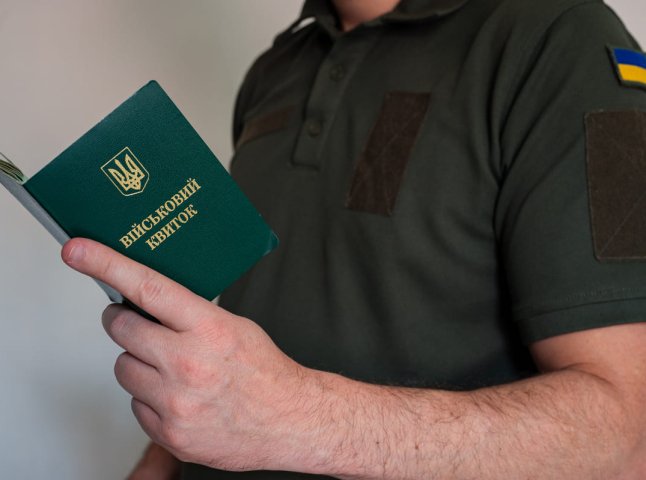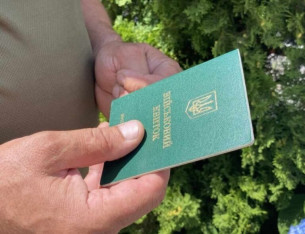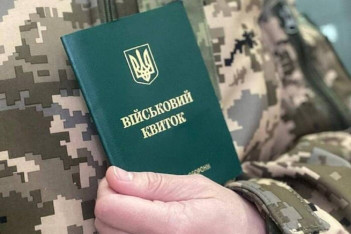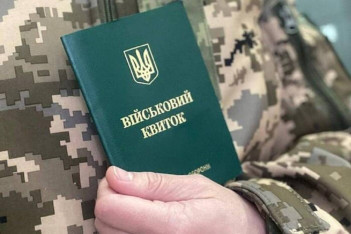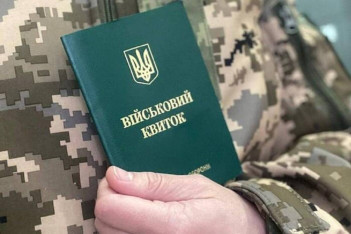In the conditions of martial law in Ukraine, the issue a deferment from mobilization and the possible deferment from conscription for military service has generated significant interest among citizens. Deferment from mobilisation is a legitimate way to postpone military duties for a defined period if there are legal grounds for doing so. The procedure and grounds are clearly regulated by the state’s legislation, so deferment in Ukraine is entirely lawful.
What is a deferment from mobilisation?
A deferment from mobilization is a temporary exemption from military duties granted to certain categories of citizens for a specified period. Deferment from service in the army is not a complete exemption from military service; however, it allows citizens who have valid reasons to avoid serving during active mobilisation. The reasons for granting a deferment can vary, from health conditions to special family circumstances or professional duties.
Grounds for deferment from mobilisation
Ukrainian legislation provides various grounds for receiving a deferment from mobilisation. This allows consideration of the personal circumstances of each citizen and the avoidance of conscription for those with legitimate reasons not to serve in the army. The main grounds include:
- Health condition - certain illnesses or physical conditions may temporarily prevent army service. In this case, a deferment from conscription due to health is lawful.
- Family circumstances - if a citizen has children who require care or is the sole guardian of incapacitated relatives, they may receive a deferment based on these circumstances.
- Professional reasons - certain categories of workers whose activities are critical to the state may qualify for a deferment.
- Other grounds - students, postgraduates, and other categories who have not completed their education may also receive a deferment.
Categories of persons entitled to a deferment from mobilisation
According to Ukrainian law, several categories of citizens are entitled to a deferment from mobilisation. These include:
- Individuals with medical contraindications for service: These may include temporary illnesses or serious physical or mental health conditions that make it impossible to serve in military conditions.
- Citizens with family obligations: The legislation allows for deferment for those who support three or more children under the age of 18, are a single parent, raise a child with a disability, have a spouse with a disability, or care for incapacitated relatives.
- Individuals working in critical sectors for the state: This includes employees of government bodies, military administrations, scientific institutions, educators, and other professionals whose work is vital for the functioning of the state.
- Students: Persons studying at vocational-technical institutions with full-time education (deferment ceases after the age of 21), at universities with full-time education, at secondary or higher spiritual educational institutions with full-time education, in internships, postgraduates, or doctoral studies with or without interruption from production.
How to get a deferment from the army
The procedure for receiving a deferment from mobilisation involves several stages. First, the citizen must apply to the military commissariat for a deferment and submit documents confirming the grounds for this request. Here’s how to get a deferment from mobilization:
- Gather the necessary documents: Depending on the grounds for deferment, different documents may be required. For example, medical certificates, birth certificates for children, or documents confirming guardian status.
- Submit an application to the military commissariat: After collecting all the documents, the citizen must submit an application to the military commissariat requesting a deferment from mobilisation.
- Await the decision: The military commissariat checks the submitted documents, analyses them, and makes a decision on granting or denying the deferment.
Benefits of consulting a lawyer
Although the procedure for obtaining a deferment from mobilisation is lawful, it requires knowledge of all the legal nuances during the martial law period and a careful approach. To avoid mistakes and delays, it is important to involve a qualified lawyer. A lawyer can:
- Analyse your case and determine the best approach to protect your rights.
- Help collect the documents, ensuring that each one is properly completed.
- Provide representation at the commissariat if additional explanations or documents are required.
Question
What documents are needed for a deferment from mobilisation due to health?
Answer
To receive a deferment due to health, it is necessary to provide a medical certificate, a conclusion from the military medical commission (VLC), and, if needed, a medical history confirming the temporary inability to serve. A deferment from the army due to health usually lasts up to six months.
What documents are needed to issue a deferment from mobilization?
To obtain a deferment from mobilisation, a set of documents must be prepared, depending on the reason for the request. Here are some key documents that may be needed:
- Medical certificates and doctors' conclusions in the case of a deferment due to health (for the individual or their children/relatives under their care).
- Birth certificates for children for those entitled to deferment due to family circumstances.
- Certificates of incapacity or documents confirming the status of a guardian of incapacitated relatives.
- Requests from heads of state authorities, enterprises, institutions, or organisations for the deferment of reserved military personnel, as well as an extract from the Ministry of Economy’s order on mobilisation reservation.
- A student’s certificate or a letter from the educational institution confirming enrolment in full-time education.
Professional legal assistance includes:
Legal consultation: Providing clarifications on the right to deferment from mobilisation.
Help with gathering documents: Qualified lawyers will assist in collecting and preparing the necessary documents for a deferment.
Representation before authorities: Protecting the client's interests during the consideration of the deferment application.
A deferment from mobilisation is an important mechanism for protecting the rights of citizens who have legitimate reasons for temporary exemption from military service. Proper document preparation and quality legal assistance can significantly increase the chances of a positive decision regarding a deferment. Anyone entitled to a deferment can protect their rights by contacting an experienced lawyer from the “Consultant” service, who will provide full support at all stages of the procedure.

